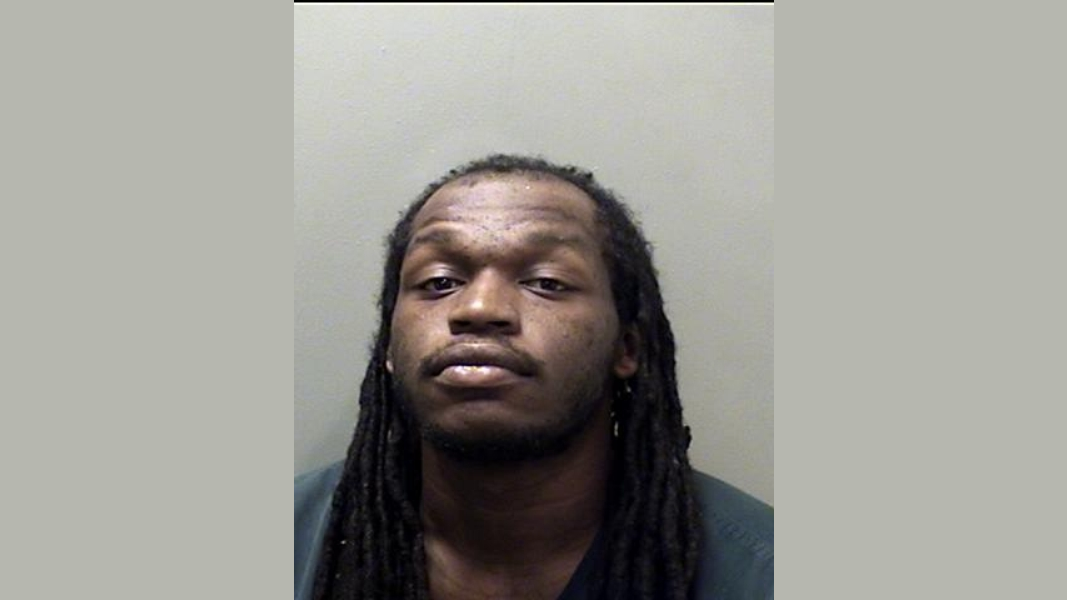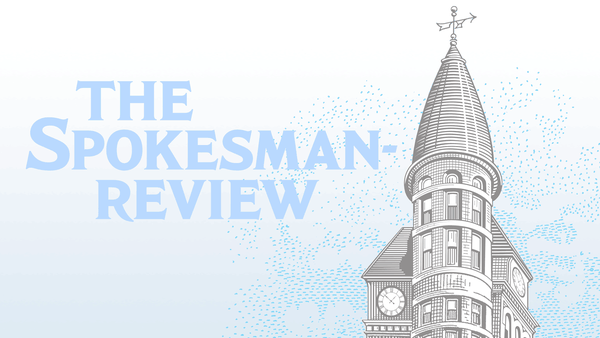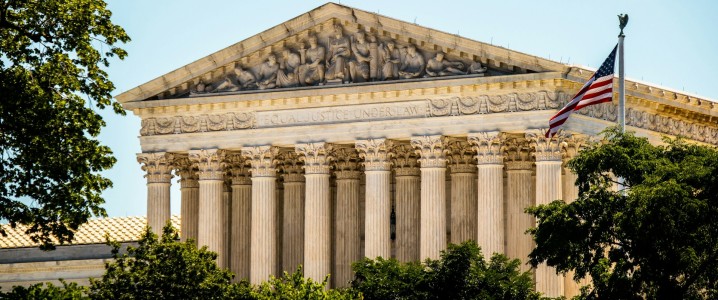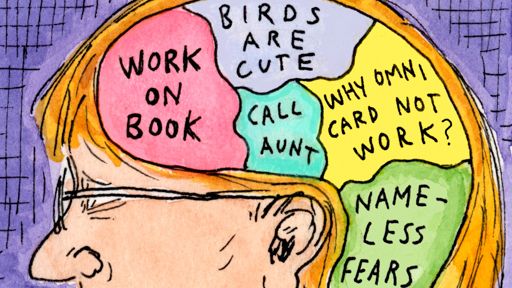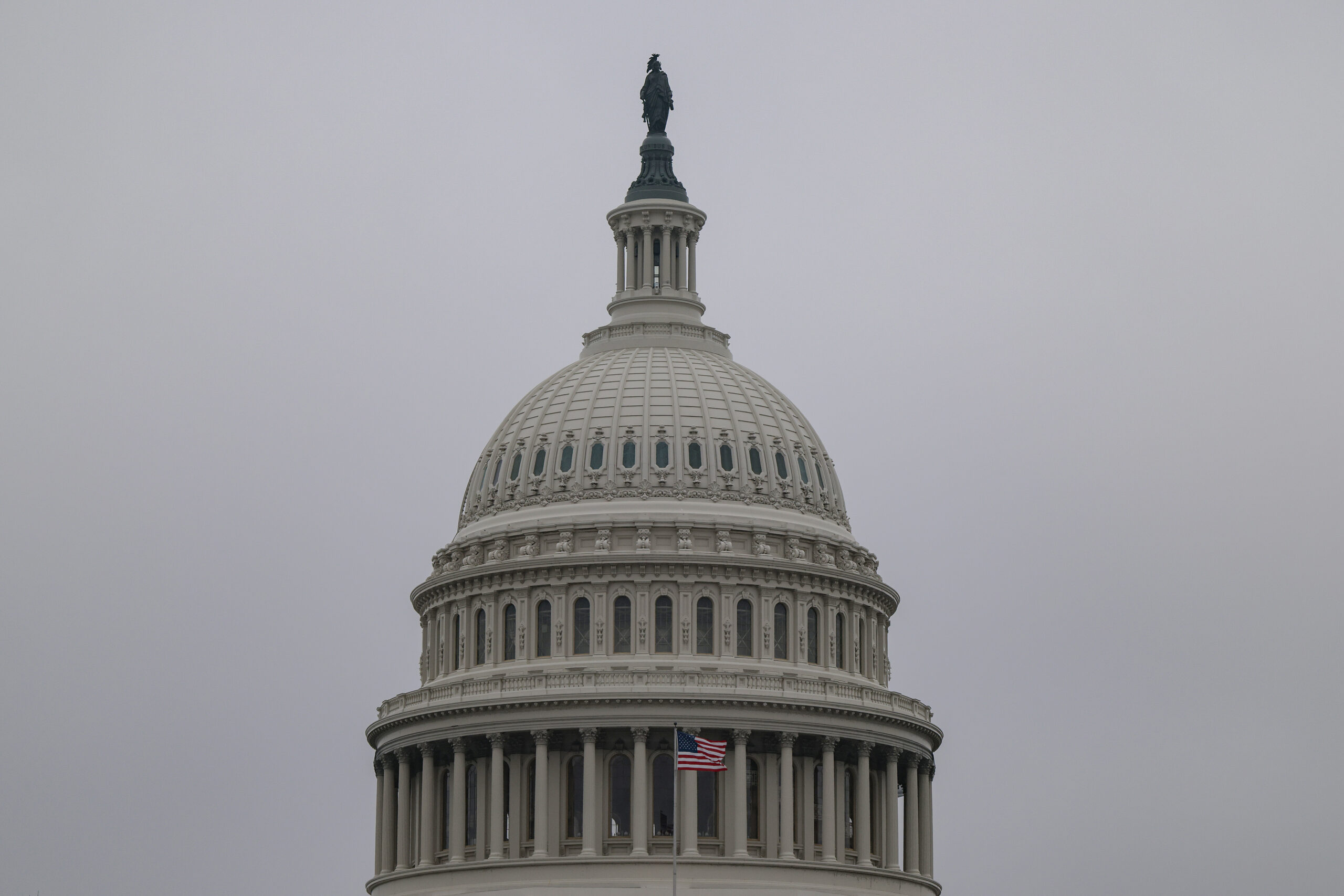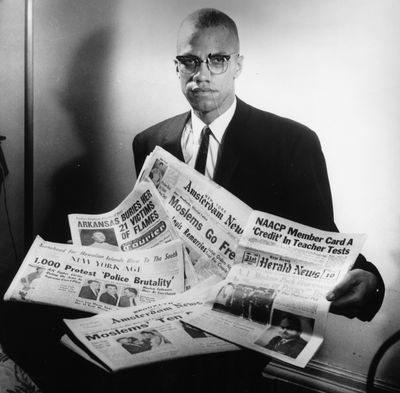Acting Director Russell Vought ordered Consumer Financial Protection Bureau employees to cease all work, signaling a potential shutdown of the agency. The move comes amid mounting criticism from President Donald Trump and tech leaders like Elon Musk and Mark Zuckerberg.
Trump Vs. CFPB: Russ Vought Orders Consumer Financial Protection Bureau To Stop Work

Key Takeaways:
- Acting Director Russell Vought instructed CFPB staff to stop working, indicating a major operational halt.
- Tech billionaires Elon Musk and Mark Zuckerberg have publicly criticized the CFPB, calling for its elimination.
- Senator Elizabeth Warren defended the agency, highlighting its role in returning $21 billion to defrauded consumers.
- Republicans are pushing to defund and restructure the CFPB, challenging its funding and authority.
- The CFPB was established after the 2008 financial crisis to protect consumers from financial misconduct.
CFPB Faces Shutdown as Acting Director Orders Staff to Cease Work
In a surprising move, Acting Director Russell Vought of the Consumer Financial Protection Bureau (CFPB) instructed all agency employees on Monday not to come into work or perform any tasks. This directive signals a potential shutdown of the bureau, which has been under fire from President Donald Trump and prominent tech billionaires.
Tech Titans Join the Attack on CFPB
Elon Musk, the world’s wealthiest person, has been vocal in his criticism of the CFPB. On Friday afternoon, Musk posted on X, “CFPB RIP 🪦,” expressing his desire to see the agency dismantled. Musk has argued that there are “too many duplicative regulatory agencies” and previously stated his intent to “delete CFPB.” His comments followed the agency’s announcement of a new rule to enhance oversight of big tech companies offering digital funds transfers and payment wallet apps.
Mark Zuckerberg, CEO of Meta, has also lashed out at the CFPB. In an interview with Joe Rogan, Zuckerberg mentioned that the agency “found some theory they wanted to investigate,” questioning whether there was “a quiet consensus” among regulators to punish the tech industry. Billionaire Marc Andreessen echoed similar sentiments, alleging that the CFPB is “terrorizing anybody who tries to do anything new in financial services.”
Political Responses Highlight Deep Divisions
Senator Elizabeth Warren, D-Mass., who originally conceived the CFPB, condemned Vought’s actions. “Vought is giving big banks and giant corporations the green light to scam families,” Warren tweeted. She emphasized the agency’s accomplishments, noting that “The Consumer Financial Protection Bureau has returned over $21 billion to families cheated by Wall Street.” Warren declared, “Republicans have failed to gut it in Congress and in the courts. They will fail again.”
On the other side, Republicans have praised efforts to limit the CFPB’s authority. Representative French Hill, R-Ark., voiced support for measures to “finally rein in this unaccountable agency by putting the CFPB under the appropriations process, making it a bipartisan commission, and providing appropriate statutory guardrails.”
The Origins and Mission of the CFPB
Established in 2011 in the wake of the 2008 financial crisis, the CFPB was created under the Dodd-Frank Wall Street Reform and Consumer Protection Act. Its mission is to protect consumers from unfair, deceptive, or abusive practices and to take action against companies that break the law.
The agency’s funding mechanism is unique; it receives funding directly from the Federal Reserve rather than through the congressional appropriations process. This structure is designed to preserve its impartiality and insulate it from political pressures.
Past Efforts to Limit the CFPB
President Trump has previously sought to curtail the CFPB’s influence. During his first term, he appointed former Rep. Mick Mulvaney, R-S.C., as its acting director. Mulvaney notably sent a budget request for the CFPB to the Federal Reserve for $0, ordered a hiring freeze, and halted new enforcement actions, according to The New York Times .
When former President Joe Biden took office, he appointed Rohit Chopra to reverse these deregulatory actions. Under Chopra’s leadership, the CFPB clashed with big banks as it implemented rules to limit overdraft fees, reduce credit card late fees, and eliminate medical debt from credit reports.
The Future of Consumer Protection
The halt of operations at the CFPB raises concerns about the future of consumer protection in the United States. As debates continue over the agency’s role and authority, the impact on consumers and the financial industry remains uncertain. The CFPB has played a crucial role in safeguarding consumers, and its potential shutdown could have significant ramifications.


